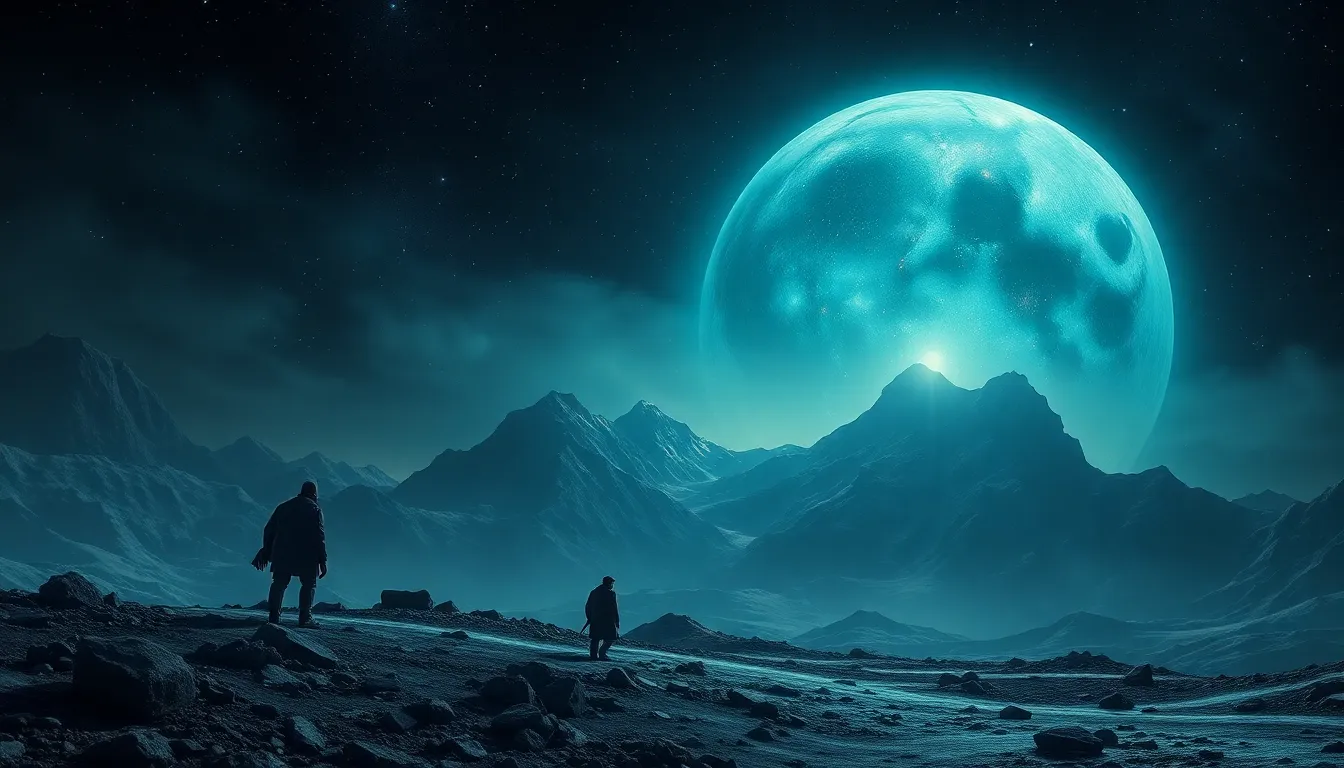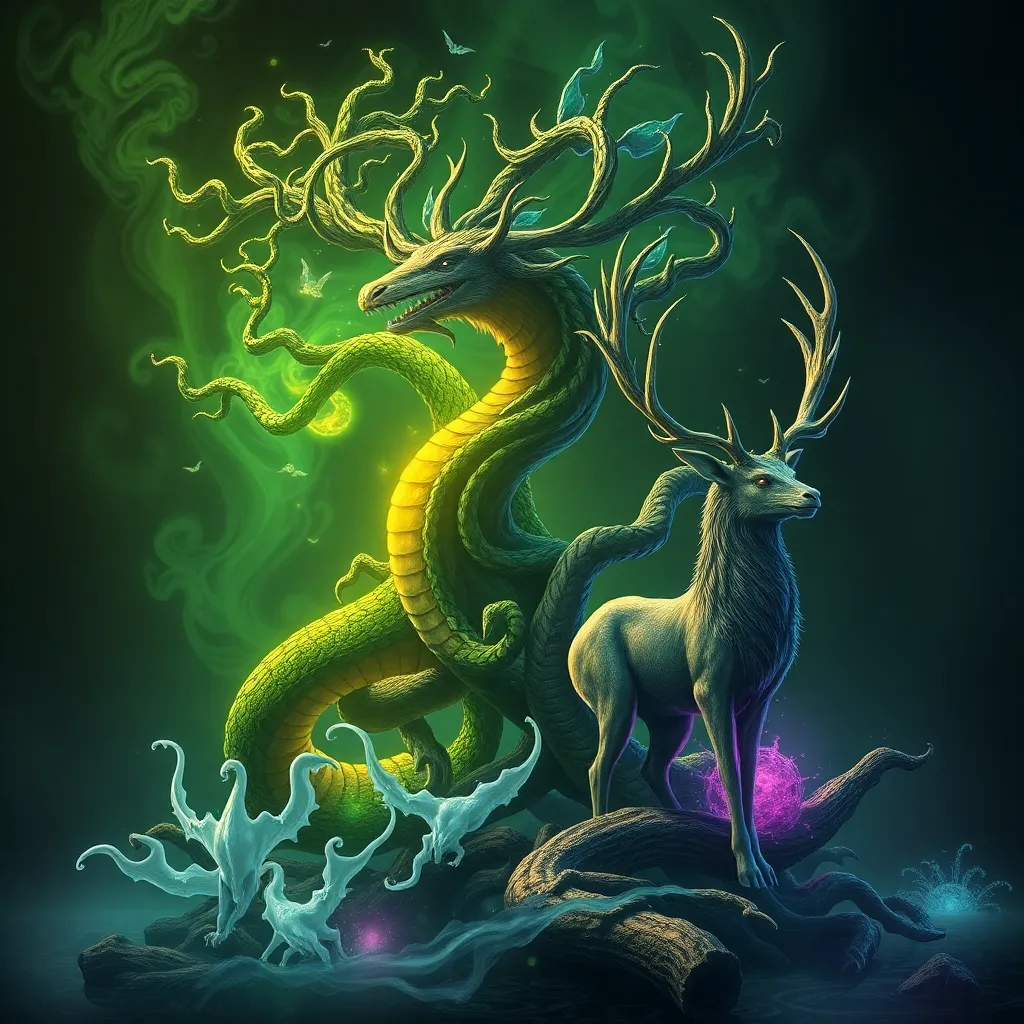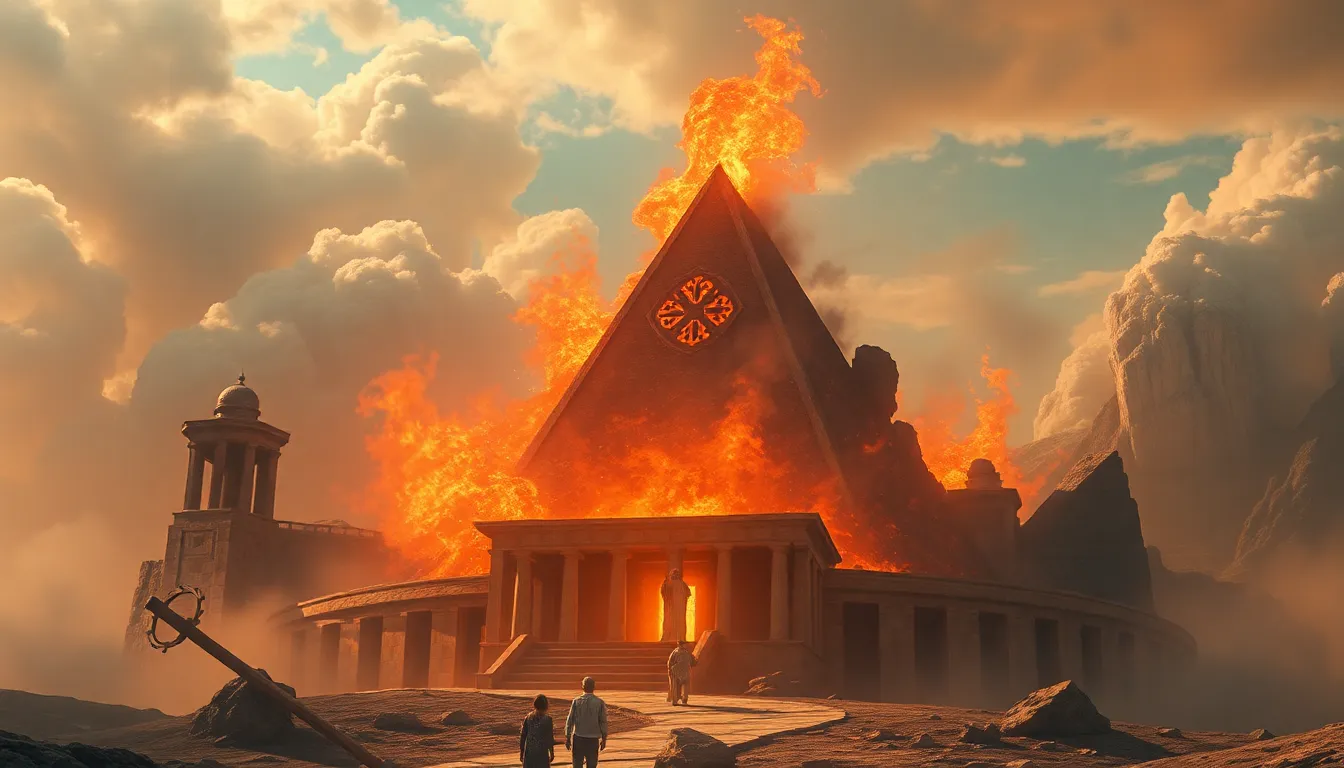The Most Startling End of the World Predictions Revealed
Introduction: Understanding the Fascination with Apocalyptic Predictions
The concept of the end of the world has captivated human imagination for centuries. From ancient prophecies to modern scientific theories, the allure of apocalyptic scenarios is deeply rooted in our collective psyche. This fascination can be attributed to various psychological and cultural reasons, including a desire for meaning, fear of the unknown, and the need for control in an unpredictable world.
As societies evolve, so do their narratives surrounding potential cataclysms. These stories often reflect the values, fears, and hopes of the time, making them a rich subject of study for historians, psychologists, and sociologists alike.
Historical Context: A Brief History of End-of-the-World Predictions
End-of-the-world predictions have appeared throughout history, often tied to significant societal changes or events. Some notable examples include:
- The Great Flood: Many ancient civilizations, including the Mesopotamians and the Hebrews, spoke of catastrophic floods that wiped out humanity.
- Millenarianism: In the late 1st millennium, various groups believed that the year 1000 would mark the end of the world.
- The Mayan Calendar (2012): A misinterpretation of the Mayan calendar led many to believe that December 21, 2012, would be the date of global catastrophe.
- Y2K: The turn of the millennium raised fears about computer glitches leading to societal collapse, which ultimately proved unfounded.
Religious Prophecies: Apocalyptic Visions from Major Faiths
Many major religions contain prophetic texts that describe apocalyptic events and the end of times. Here are some notable examples:
- Christianity: The Book of Revelation details a series of catastrophic events leading to the final judgment.
- Islam: Hadiths describe the Day of Judgment, featuring signs such as wars and natural disasters.
- Hinduism: The concept of Kali Yuga represents an age of darkness and corruption, leading to eventual renewal.
Religious leaders and scholars have played significant roles in interpreting these texts, often invoking fear and urgency in their followers.
Scientific Predictions: Natural Disasters and Their Potential for Global Catastrophe
Scientific inquiry has also prompted numerous predictions concerning natural disasters that could threaten humanity:
- Asteroid Impacts: NASA monitors near-Earth objects, emphasizing the potential for catastrophic impacts.
- Supervolcanoes: The Yellowstone supervolcano poses a significant risk, potentially leading to global climate changes.
- Climate Change: Scientists warn that unchecked climate change could result in catastrophic weather patterns, sea-level rise, and biodiversity loss.
While the likelihood of these events varies, their potential impact on human civilization is profound.
Technological Catastrophes: The Dark Side of Innovation
As technology advances, so do concerns about its potential to lead to catastrophic outcomes. Some alarming predictions include:
- Artificial Intelligence: The rise of AI poses risks, including autonomous weapons and loss of human control.
- Nuclear Warfare: The threat of nuclear conflict remains a significant concern, especially in geopolitically unstable regions.
- Biotechnology: Advances in genetic engineering present ethical dilemmas and the potential for unintended consequences.
These technological advancements raise critical questions about ethics, control, and the future of humanity.
Societal Collapse: Theories on Global Socioeconomic Downfall
Predictions of societal collapse often stem from concerns about resource depletion, economic instability, and social disintegration. Key theories include:
- Resource Depletion: The overuse of natural resources, such as fossil fuels and water, could lead to societal crises.
- Economic Collapse: Economic theories suggest that unsustainable debt levels and inequality could trigger widespread instability.
- Historical Examples: The fall of the Roman Empire and the Maya civilization offer lessons on the consequences of unsustainable practices.
Alien Invasions and Extraterrestrial Predictions
Popular culture and conspiracy theories often delve into the idea of extraterrestrial threats. Some notable themes include:
- Alien Invasions: Movies and literature frequently depict scenarios where extraterrestrial beings threaten humanity’s existence.
- Fermi Paradox: The question of why we haven’t encountered extraterrestrial life raises concerns about potential threats and our place in the universe.
These narratives reflect humanity’s fears and hopes regarding the unknown, as well as the desire to explore beyond our planet.
Environmental Catastrophes: Climate Change and Ecological Collapse
Scientific predictions about climate change highlight urgent concerns for the future of our planet:
- Rising Temperatures: Global temperatures are rising, leading to severe weather events and habitat destruction.
- Ocean Acidification: Increased carbon dioxide levels are harming marine ecosystems, threatening food security.
- Loss of Biodiversity: Extinction rates are escalating, disrupting ecosystems and human livelihoods.
Addressing these environmental issues is critical to preventing catastrophic outcomes for future generations.
The Role of Media and Pop Culture in Shaping Apocalyptic Narratives
The media and popular culture play significant roles in shaping public perceptions of end-of-the-world predictions:
- Movies and Literature: Films like “The Road” and books like “The Stand” explore apocalyptic themes, influencing societal anxiety.
- News Media: Sensationalist reporting can amplify fears around natural disasters and political instability.
- Viral Misinformation: The spread of unfounded claims can lead to widespread panic and irrational behavior.
Conclusion: The Future of Humanity and the Lessons from Predictions
End-of-the-world predictions, whether grounded in history, religion, science, or culture, reveal much about human nature and our response to existential threats. While some predictions may seem far-fetched, they often serve as cautionary tales that encourage reflection and action.
As we face unprecedented challenges, from climate change to technological risks, it is crucial to learn from these predictions. Humanity must come together to address these threats proactively, fostering resilience, sustainability, and cooperation to secure a brighter future for generations to come.


